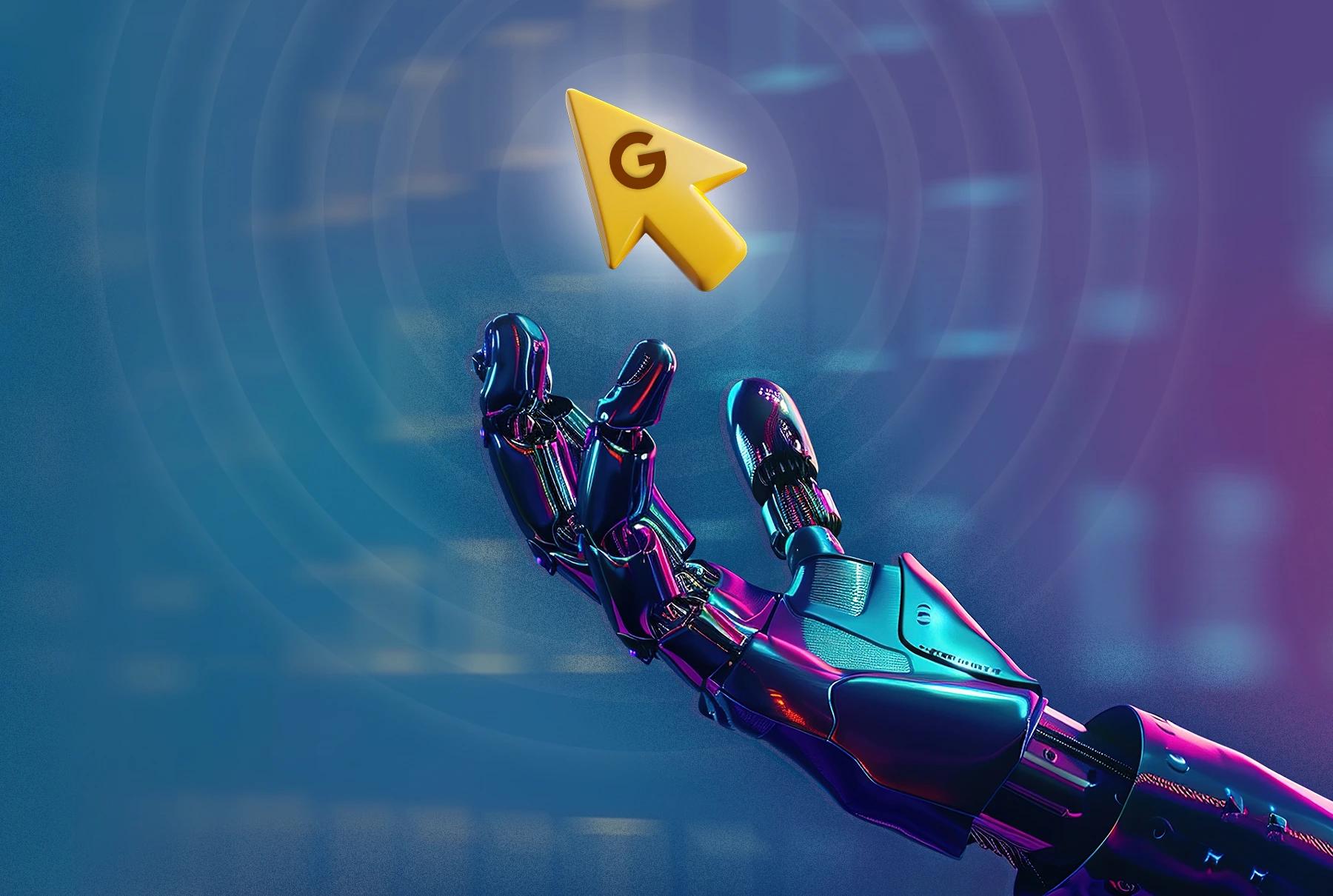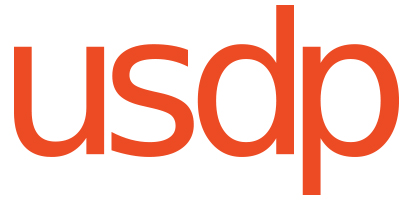Google recently released a new tool for search engine marketers: AI Max. As with every new Google product, its important to dive and and explore how it its potential, its drawbacks, and what it means for the performance marketing industry.
What is AI Max?
Google has started rolling out this latest AI tool which will fully automate search campaigns. They aim to make AI Max accessible for all Google Ad accounts by September 2025.
With AI Max, Google will complete the entire search campaign process for users from start to finish. It will generate optimized ad copy, analyze search content to decide on your keywords, automatically select landing pages from your website, and deliver you insights and reports.
While this may sound extremely enticing, we’re skeptical of fully opting in for a few reasons.
You will have less control
Without the ability to decide on keywords, you’re letting AI Max lead you blind.
You can still use negative keyword lists, excluding phrases you don’t want to show up for, but this gives you minimal autonomy. Letting Google decide where you do show up on the web is a big decision.
With this update, it’s more important than ever to make sure your website is relevant and has the right content for AI to pull from.
Google is bad at writing
Giving up creative control requires a huge amount of trust in Google’s AI. Historically, Google’s writing has left a lot to be desired, and seasoned marketers with years of experience know how to add a human touch.
While AI Max allows you to review ad performance with Google’s updated reporting, this information is too little too late. At that point the headlines and descriptions Google has chosen for you have been viewed by countless consumers.
Additionally, if you work in an industry like finance or law, mistakes in online copy could not only cost you business with customers, but also jeopardize your compliance.
Can you trust Google AI Max that much?
The upside
It’s not all doom and gloom. This update may be a game changer for people with small teams that don’t have the time to make their own ads, or the money to hire an experienced marketer. It also makes life easier for those who don’t know how to build search campaigns and are happy to let Google take over.
However, more advanced advertisers who enjoy the creative process and have robust industry experience are not going to like this early version of AI Max.
So, why is Google doing this?
Search behavior has changed and Google needs to keep up with it. People are using traditional search less and less and are turning to ChatGPT and other AI tools for their research. Users are likely to search for long phrases containing lots of context rather than short two-word queries. Google wants to stay on top of the search game.
Currently you can opt in or out of certain features for AI Max, including search term matching, text customization, and final URL expansion. But who knows how long that will last?
Google is likely moving toward full ad control. Advertisers should start making a game plan in case they lose their search campaign freedom once and for all.

